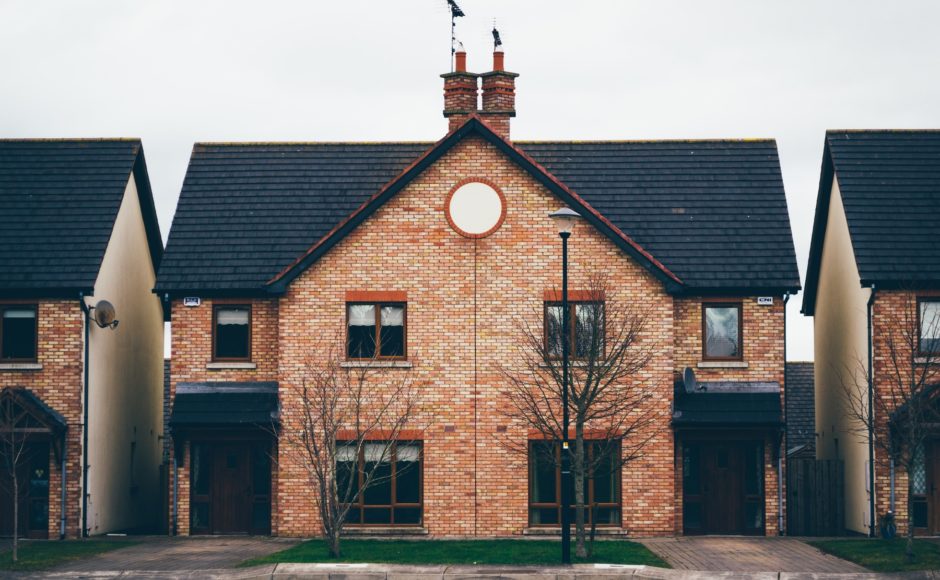When A and B type lenders are outside of your financial capability to afford, private mortgage lenders might be the resource that will save the day. However, it is worth noting that there are many stark differences between the established big-name lenders and private mortgages. Due to a private lender’s willingness to accommodate mortgage loans for lower-credit and high-risk borrowers, there are often several stipulations that must be met, and documentation provided to ensure one’s compliance with their mortgage agreement.
Documentation Needed for a Private Mortgage
When meeting with a private mortgage lender, it is often necessary to bring with you a hefty amount of documentation. These documents serve the purpose of identifying you as the prospective borrower, as well as helping the lender get a snapshot of your finances.
- Paycheck stubs for the past several months (usually 2-3)
- Tax forms for the past two years, minimum
- Bank statements from recent months, in full
- Statements from your investment and retirement accounts
- A legible copy of your identification card
- A copy of your social security card
Why a Lawyer or Mortgage Broker is Important
When pursuing a private mortgage in Ontario, it is absolutely essential that you know what you are getting into. Private mortgages differ from conventional mortgages in a lot of ways, most notably in terms of interest rates. Private mortgage lenders often require that borrowers pay a steeper interest rate on their mortgages, as well as other conditions that may not be included in any other type of mortgage loan.
A real estate lawyer or experienced mortgage broker with a history of dealing in private mortgages will be able to help you best understand the terms that you are agreeing to before signing your name. Private mortgages are also called “unregulated mortgages” for a reason, so this step will help keep you safe in the event of any unscrupulous practices the lender might try and surprise you with.
In Conclusion
Private mortgages can be the best route for some individuals and families to get on their path to home ownership, but it’s best to be aware of what you need to qualify before beginning. Yes, the qualifications for a private mortgage are less restrictive than those for mortgages from A and B lenders, but that fact comes with a few catches that you should be aware of long before you apply for a loan.




